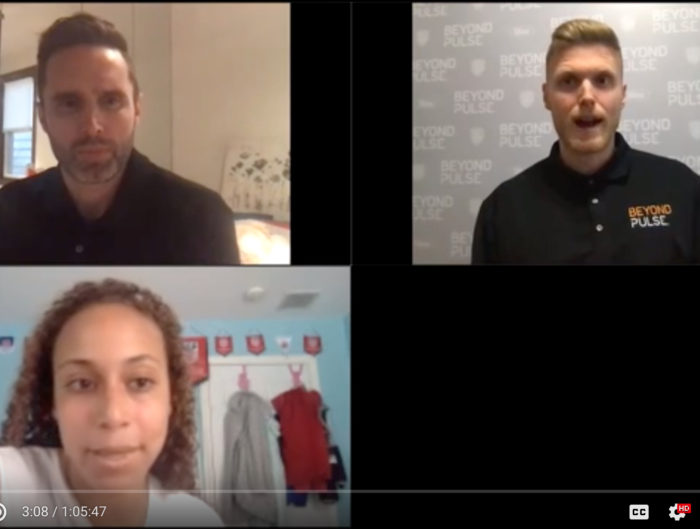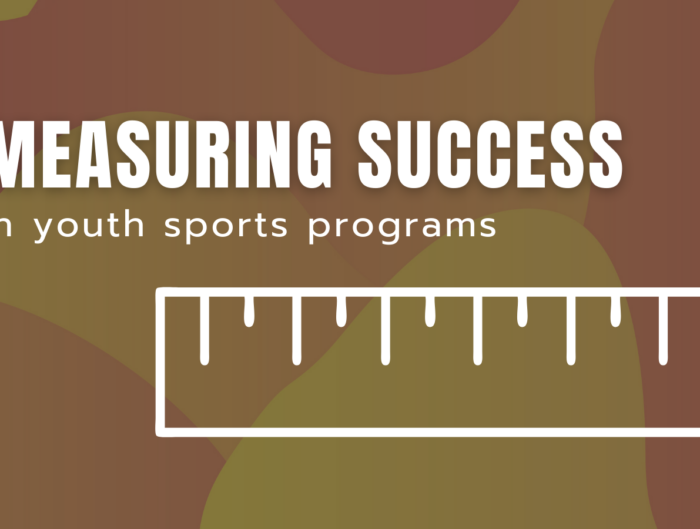In amassing more trophies than any other manager in the history of the British game, Sir Alex Ferguson is rightly considered a football genius.
Arguably the biggest factor behind his success, however, is his skill as a manager of people. The ability to manage and motivate a collection of high-profile, extraordinarily wealthy individuals from various backgrounds all over the world is an attribute few possess, and none have been able to use it to the same effect as Ferguson.
DC United striker Wayne Rooney, who won nine major honors during nine seasons in Manchester under Ferguson’s management, was asked to name his former boss’s greatest attribute. Immediately, United’s all-time leading goalscorer retorted: “His man-management, without a doubt. He knew how to speak to players, how to get a reaction.
“So many times at half-time I had played well and others in the dressing room hadn’t, but he’d come for me. He knew there’d be a shouting match but it’d get a reaction from me. If he did it to another player – for example [Orlando City forward] Nani – he knew he’d lose the player, but he just knew the right thing to do. He’d tell me to stop dribbling, aiming it at Nani! He was incredible. He knew how to get a reaction.”
While Rooney reacted positively to the carrot over the stick, David De Gea was one of the players who thrived with the former. Though he only worked under Ferguson for two seasons, the Spanish international goalkeeper vividly recalls how the Scot used a press conference to coax his player into top form.
Midway through his second season in Manchester, De Gea – then only 22 – had enjoyed a mixed run of form before a key Champions League tie with Real Madrid. In the pre-match press conference, the pair were facing the world’s media together. “He told everyone, the British media, the Spanish media, that I had a special talent,” recalled the Spaniard. “I remember what he said exactly. He compared me to a toddler taking their first steps forward. You wobble, get up, wobble, get up again and then you walk. Ferguson ended that press conference saying: ‘the boy is walking now’. Ferguson sat next to me and told the world how much he believed in me. I felt emboldened.”
The following evening, De Gea went on to have one of the best games of his career. He ended that season a Premier League champion, and has been United’s Player of the Season in four of the last five campaigns. His adaptation to English football was hugely enabled by Ferguson’s man-management skills.
Having learnt during his managerial early days that he needed to be able to delegate responsibilities, Ferguson spent most of his later years as United boss monitoring his players’ moods and demeanor. While his coaches were left to run training sessions, the Scot would watch on intently to glean as much as he could, just from watching each individual go about their business. He would then tailor his team selection for forthcoming matches – often selecting his lineups three or four games in advance – based on what he had seen.
It is that ability to read and manage people which made Ferguson the greatest manager British football has ever known.
About the author: Steve Bartram
Steve is Features Editor at Manchester United. Since joining the club in 2003, Steve has interviewed the great and good of United’s history, including iconic figures from yesteryear such as Sir Bobby Charlton and Denis Law, right up to modern legends like Cristiano Ronaldo, Paul Scholes, Ryan Giggs, Roy Keane and Wayne Rooney. During his career, Steve has also written and co-written several books on United, while contributing pieces to the Blizzard, the Football Association and various other media outlets.

 FRA
FRA































